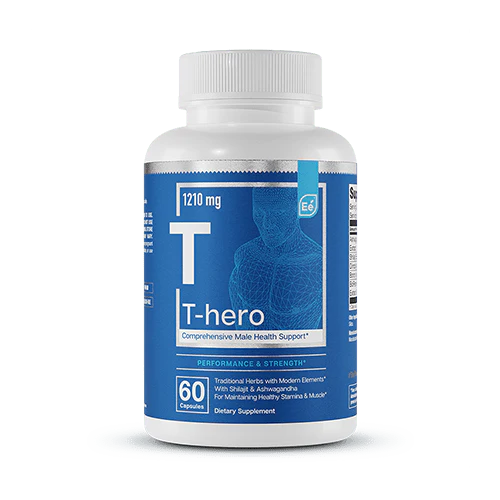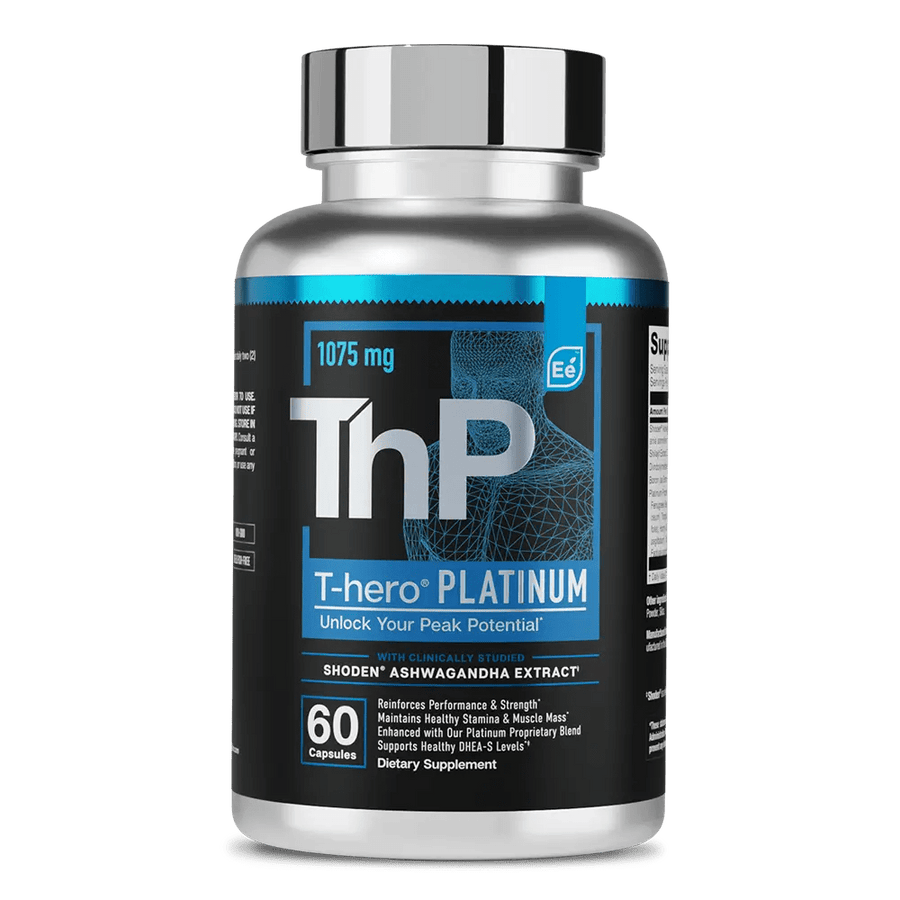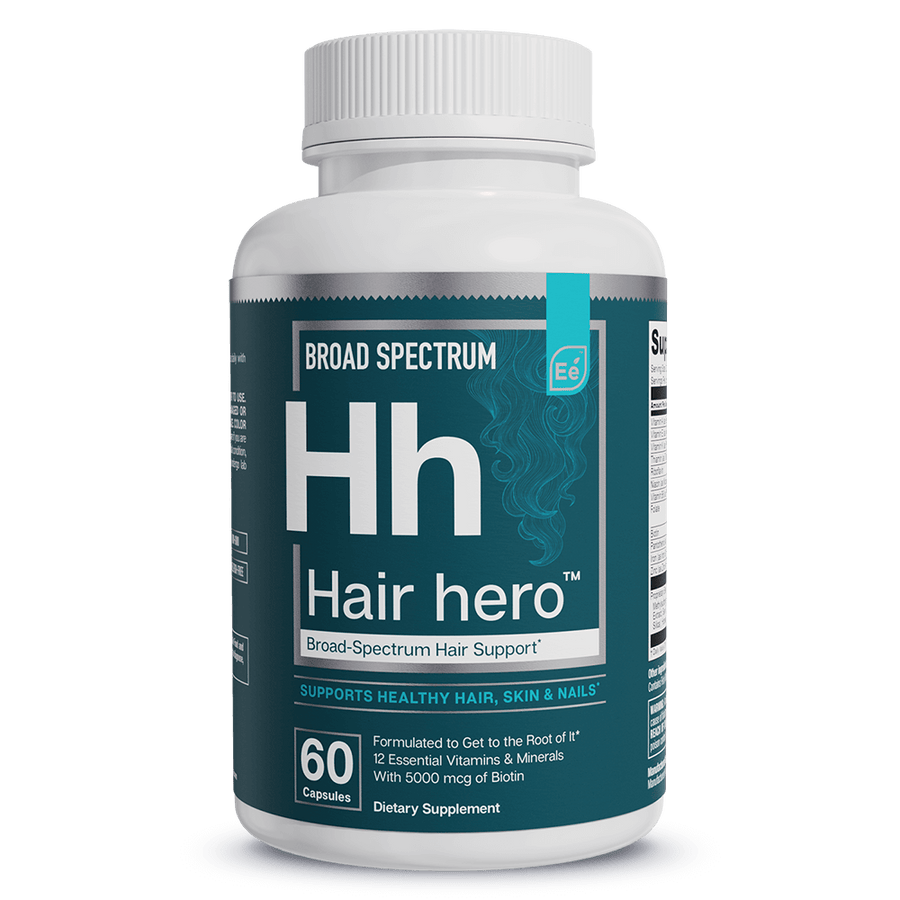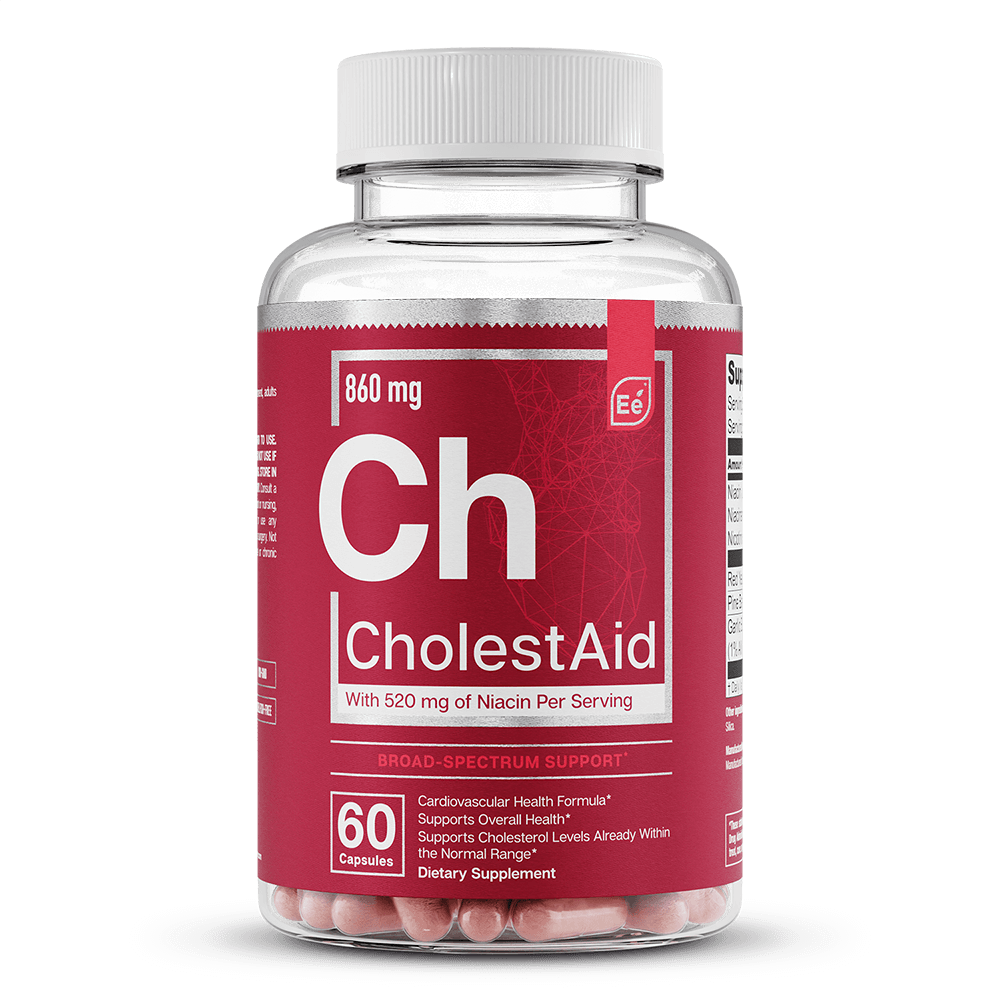The Importance of Potassium to Your Keto Diet
If you are thinking about trying out the ketogenic diet or have already subscribed to the keto lifestyle, you may need to put in a little extra effort to make sure you’re getting all the essential nutrients your body needs. While a keto diet can activate positive changes in the body, it alters the variety of foods that are eaten, specifically diminishing fruits and certain vegetables that provide a wide range of vitamins and minerals. Supplementation and proper meal planning might be necessary to ensure all the bases are covered, and your body can get what it needs to function optimally and maintain energy.
What Is a Ketogenic (Keto) Diet?
Although it may seem like a fad diet, the ketogenic diet was developed by physicians. It’s a high-fat, low-carbohydrate diet that aims to shift the body into ketosis. In the state of ketosis, the body runs out of carbohydrates to use for energy production and begins to break down fat cells to use instead. People following the keto diet need to maintain a specific fat-to-carbohydrate ratio to stay in the state of ketosis. There are many versions and different recommendations for those following this sort of diet, and the ratios will need to be adjusted according to each person’s individual physiology and the amount of calories they eat in a given day.
Generally, people consume around 40-50 grams of carbohydrates and 165 grams of fat, depending on their total daily calorie intake. Conservative amounts of protein are consumed, about 10-20% of total calories. Some people may think of this diet as a high-protein diet, but it is recommended to only have a moderate protein intake to encourage the body to enter the state of ketosis.

Although this can be a very beneficial diet as part of a healthy weight management plan, it is not for everybody. Except in certain circumstances, it is not considered to be a healthful long-term diet. Discuss with your doctor if the ketogenic diet is right for you.
The Important Role Potassium Plays in Ketosis
Potassium is an electrolyte and an essential mineral that the body uses for fluid balance, muscle contractions, and maintaining blood volume levels, and it’s essential for bone, heart, kidney, brain, and nerve health. When people start a ketogenic diet, their body begins to flush water and sodium out as a response to eating fewer carbohydrates. Along with sodium, potassium levels are also lowered, and people often feel a dip in their everyday energy levels. Some people report feeling a bit of typical brain fog, and they may experience sugar cravings. This is all considered normal and a part of the process as the body shifts into ketosis. People who are working to maintain their levels of electrolytes, especially potassium and sodium, tend to have a better response to the transition to a ketogenic diet.
Maintaining potassium levels when sticking to a keto diet for an extended amount of time can be challenging, but it is essential to keeping up athletic performance and energy levels. Being a little extra tired is one thing, but be sure to watch out for other signs that your potassium might be getting too low, such as mild muscle cramping or changes in blood pressure.

How Much Daily Potassium Do We Need?
Recommended amounts of potassium for healthy individuals is 2,300-3,400 mg per day. Some advocates of the ketogenic diet recommend higher doses. Still, it's a good idea to check your potassium levels and talk with your physician before jumping into any high-dose supplementation.
Food sources are the preferable way to get the potassium your body needs, but it isn’t always possible to get enough of this nutrient in your diet, especially with the specific restrictions that are followed when on a ketogenic diet. High-potassium foods include,
♦ Bananas
♦ Winter squash
♦ Beets
♦ Potatoes
♦ Beans
♦ Apricots
♦ Tomatoes
♦ Oranges
♦ Watermelon, cantaloupe, and other melons
Many of the high-potassium foods people usually consume are simply too high in carbohydrates and will make it challenging or impossible for someone to stay in the state of ketosis.

The Best Potassium-Rich Foods for a Keto Diet
As many of the foods that are great potassium sources are off-limits to people on a keto diet, you may need to pay special attention to make sure certain foods are making frequent appearances in your daily meals.
♦ Leafy greens, especially spinach
♦ Avocado
♦ Mushrooms
♦ Broccoli
♦ Nuts
♦ Zucchini
♦ Artichoke
♦ Pumpkin Seeds
♦ Cheese
♦ Yogurt
One category of high-potassium foods that most people on a keto diet probably get plenty of is meat. Animal protein sources provide ample amounts of potassium but remember that protein intake should only be within certain ranges to keep the body in ketosis. It's a fine balance. That being said, meats are a good source of potassium, especially chicken, fatty fish, shrimp, clams, and pork.
How to Choose the Right Potassium Supplement
While dietary potassium is preferable, the food restrictions of the ketogenic diet make it difficult to get enough potassium from food sources alone. Supplementation is often necessary, especially in the beginning stages of transitioning to a ketogenic diet. Many people are able to keep up their energy levels with additional potassium, sodium, and magnesium in order to counterbalance the body flushing out extra fluid and vital electrolytes,

The most common forms of potassium you will see in supplements are potassium chloride, potassium gluconate, and potassium citrate. While all provide potassium, they are bound to different compounds and do have some differences in their uses and benefits. Each form of potassium will have different recommended dosages. Too much potassium isn’t a good thing, so stick to the amounts specified on the label of the particular supplement you are taking and watch out for warning signs of elevated potassium levels. If you have kidney or cardiovascular concerns, be sure to check in with your doctor to see what the right kind of potassium supplement you should be taking and the dosages that are right for you.
Hydration by Essential elements® provides 400 mg of potassium citrate in each serving along with other important electrolytes. Potassium citrate is often recommended to help maintain kidney health and has an alkalizing effect on the urine. Fortunately, for those on a keto diet, this electrolyte mix has zero sugar and won’t contribute to your allowable amount of carbohydrates.
The Essential Element
Whether or not you are jumping on board the keto diet craze, potassium is important for everyone. In fact, it’s essential. Especially if you are active or altering your food intake in any way. Food is, of course, the best source of potassium, but if you are limited in the variety of foods, you may need additional supplementation. Essential elements® provides a wide range of essential nutrients to provide you with exactly what you need, without any unnecessary fillers or additives. You can get potassium and other electrolytes in our advanced Hydration formula, which is a great addition to a ketogenic diet and can help you maintain your energy levels, endurance, and overall performance.





